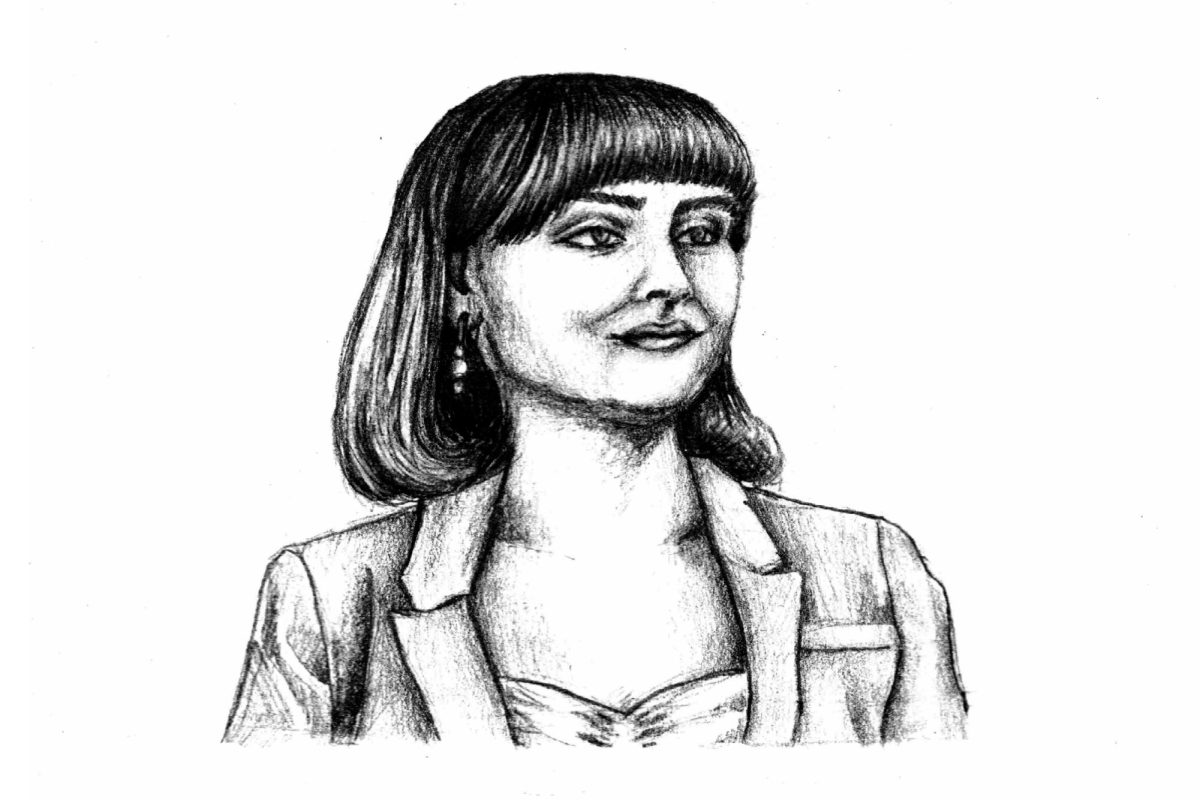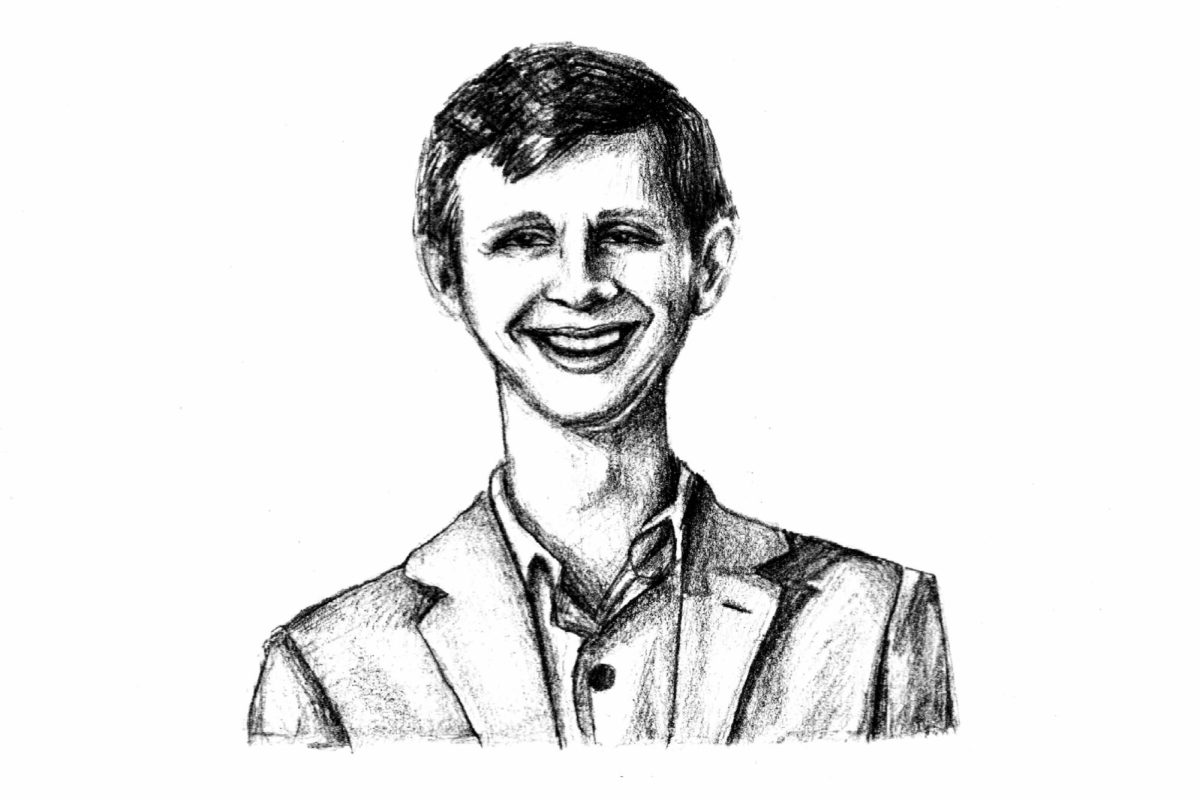Rachael Bailey is a Master of Public Health Candidate in Maternal and Child Health at the Milken Institute School of Public Health.
As a Deaf student, my journey of self-advocacy within educational institutions is all too familiar. Why must students like me bear the burden of fostering conversations about disability accommodations?
Having navigated multiple semesters as a graduate student at the Milken Institute School of Public Health, I’ve witnessed firsthand how the University’s commitment to accessibility has unraveled in the face of recurring faculty insensitivity. In at least five classes within my first year at GW, students, including myself, encountered instances of dismissive comments, ignorant assumptions and an overall lack of empathy that highlight systemic issues in securing accommodations we are entitled to.
Public health programs emphasize the value of accessible care in the real world. It’s imperative to integrate that philosophy into the classroom, ensuring an inclusive and equitable education that aligns with the program’s broader goals. Inaccessible accommodations affect academic performance and perpetuate systemic barriers that hinder the opportunities and success of individuals with disabilities.
Despite legal mandates like the Americans with Disabilities Act and Section 504 of the Rehabilitation Act that require private and public educational institutions to provide reasonable accommodations, students at GW find themselves having to expend substantial effort to receive accommodations in an environment that should actively champion inclusivity.
Constantly advocating for oneself, whether it be requesting captioning services, live transcriptions, on-site interpreters or assistive technology like microphones, takes a significant emotional and mental toll. In a field that claims to value accessible care and diverse learning, self-advocacy should not be the sole responsibility of any student. It should be complemented by a University that proactively works to remove barriers, educate faculty and foster a more inclusive environment, particularly in public health programs.
Since enrolling in GW’s public health program, multiple faculty members have openly discussed my accommodations and disabilities in front of their classes without my consent, violating my privacy. This breach undermines the supportive learning environment GW promises, leaving myself and other GW students feeling uncomfortable, frustrated and vulnerable.
I’ve often wondered whether other professors in the department knew about my disability and were discussing it without my knowledge or if other students in my classes doubted my academic performance after professors revealed my status. These experiences highlight the challenging realities where my privacy and my control over disclosing information about my disability are compromised. The toll of these experiences and resulting stress heightens feelings of anxiety and isolation and creates further barriers to academic success for students like me.
The disconnect between the rhetoric and reality of that supportive learning environment is also evident in the insufficient funding and resources allocated to Disability Support Services. The decline in DSS’ workforce from 11 staff members in the 2018-19 academic year to six staff members in 2022-23 is a clear manifestation of these challenges, with former employees citing an unsupportive environment and leadership changes as reasons for their departure.
Inadequate DSS staffing further creates a situation where students feel compelled to engage directly with professors to secure accommodations, bypassing DSS altogether. But the University’s current policies indicate that without official DSS documentation, faculty members are not required to meet accommodation requests. To address this critical issue, GW should prioritize hiring personnel, allocating necessary funding and providing the attention essential for the well-being and effective operations of DSS.
It’s not enough to rely solely on individual faculty members’ goodwill or student advocacy. GW should proactively allocate sufficient resources and establish comprehensive accessibility policies to foster an inclusive learning environment. As some educators are not well-versed in the range of disabilities and necessary accommodations, it is also critical that the University implement ongoing training programs for faculty members to shift the burden of educating faculty away from students. By providing these essential support mechanisms and resources, GW can prioritize students with disabilities and spare them the exhausting cycle of advocacy and uncertainty.
Accommodating one student for a 12-week semester may seem inconvenient to some professors, but it is the daily reality for students with disabilities. Our disabilities and our advocacy for accommodations are integral parts of our lives. The impact that one professor or one institution can have in understanding and supporting our unique needs goes beyond convenience — it makes a profound difference in our educational journey. The alternative is students with disabilities expending substantial time and energy each semester educating multiple faculty members about their needs and, in some cases, not receiving the accommodations that would let them realize their potential.
To truly address the challenges faced by students with disabilities, rhetoric about an inclusive learning environment must become reality. Faculty members need proper training and education to effectively support students with disabilities. And the University must actively dismantle barriers, promoting inclusivity and accessibility to create an empowering educational experience for all students, irrespective of their disabilities.



